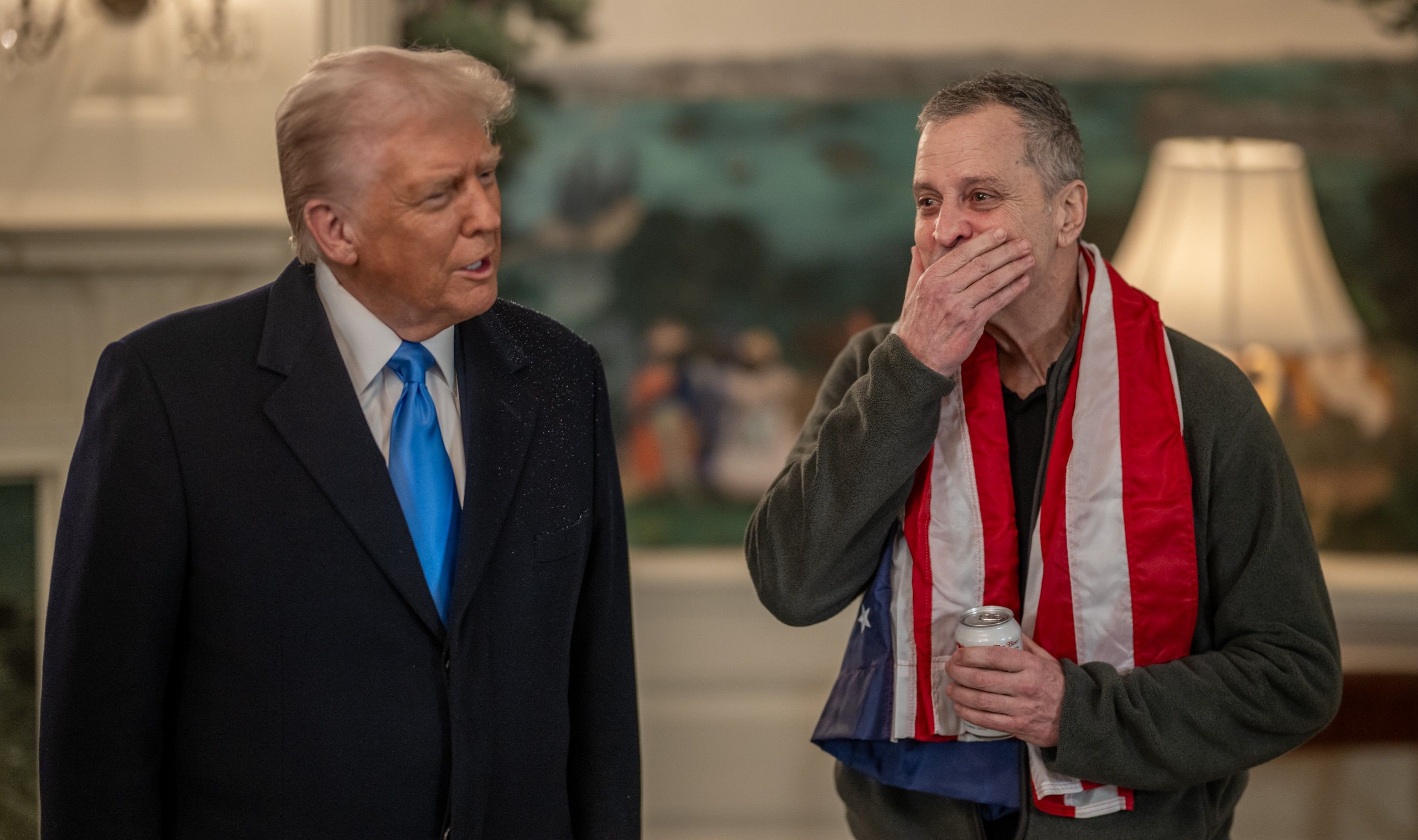In less than 3 weeks, President Trump secured a ceasefire in Gaza, spoke directly to Russian President Vladimir Putin and Ukrainian President Volodomyr Zelensky, and kickstarted diplomacy to end the Ukraine war. At the same time, he has also put forward some idiotic ideas, such as pushing Palestinians out of Gaza and making Canada the 51st state.
But it raises important questions: Why didn't the Biden administration choose to push for an end to the wars in Gaza and Ukraine? Why didn't the majority of the Democrats demand it? Instead, they went down the path of putting Liz Cheney on a pedestal and having Kamala Harris brag about having the most lethal military in the world while Trump positioned himself as a peace candidate — justifiably or not.
Undoubtedly, Trump's plans in Gaza may make matters worse and his diplomacy with Putin may fail. But that isn't the point.
The point is: Why did Trump choose to pursue diplomacy and seek an end to the wars, and why did the Democrats under Biden choose to transform the party into one that embraced war and glorified warmongers like Cheney, while protecting and enabling a genocide?
What happened that caused the party to vilify its own voices for peace — such as Reps. Ilhan Omar (D-Minn.) and Rashida Tlaib (D-Mich.) — while embracing some of the architects of the Iraq war?
And all of this, of course, in complete defiance of where the party base was (throughout the Gaza war, the base supported a ceasefire with 70% majority, for instance).
A profound reckoning is needed within the Democratic Party to save it from slipping into becoming neocon by default.
And with the pace at which Trump is moving, that reckoning needs to come fast. It will, for instance, be a severe mistake if the party positions itself to the right of Trump and reflexively opposes him on every foreign policy issue instead of basing the party's positions on solid principles, such as centering diplomacy, military restraint, and peace. Trump currently speaks more about peace than the Democrats do.
A senior Democratic lawmaker asked me rhetorically last week if I knew anyone who was happy with the foreign policy of Biden and voted for Harris on that basis.
I was happy to hear that the question was being asked. That's a good first step.
















